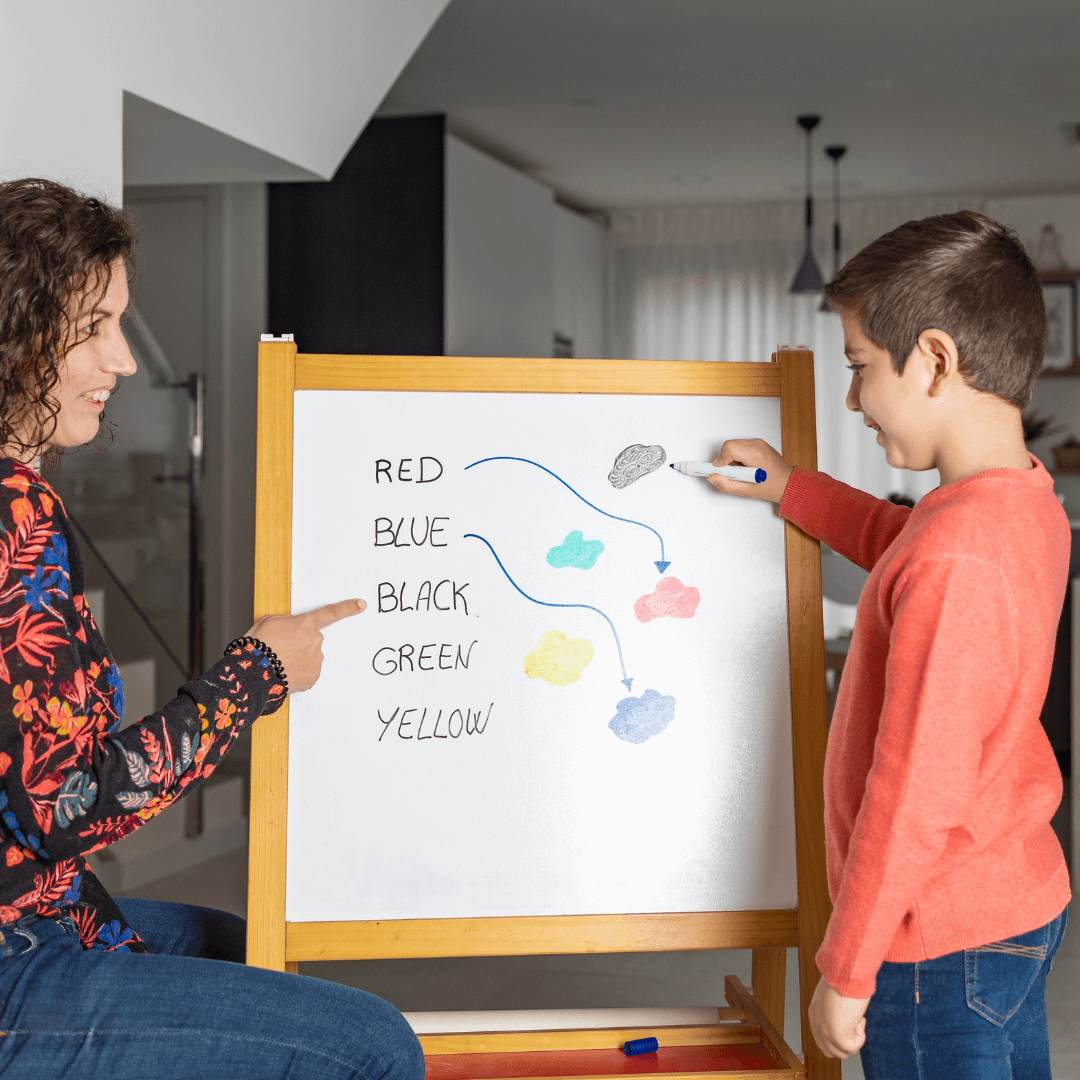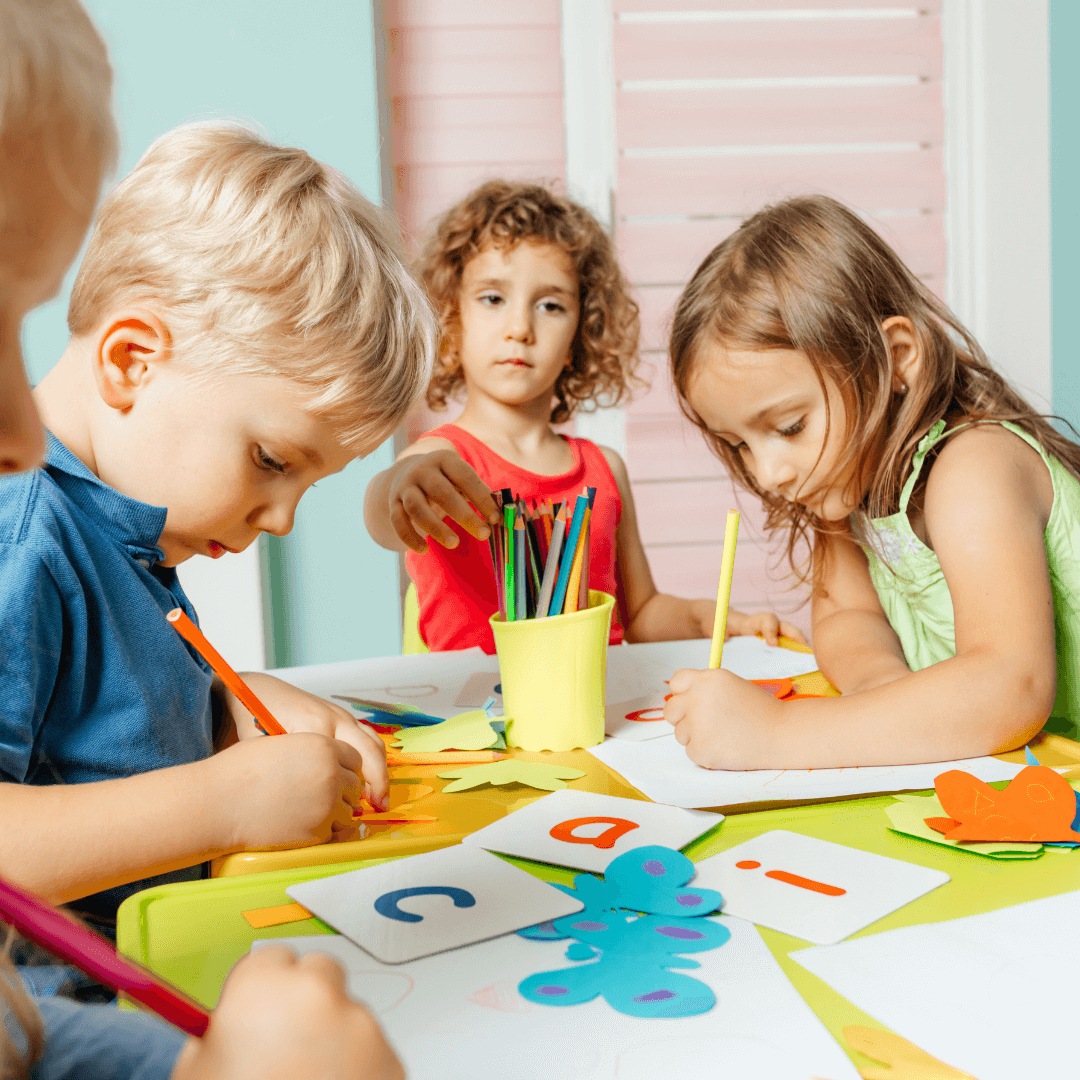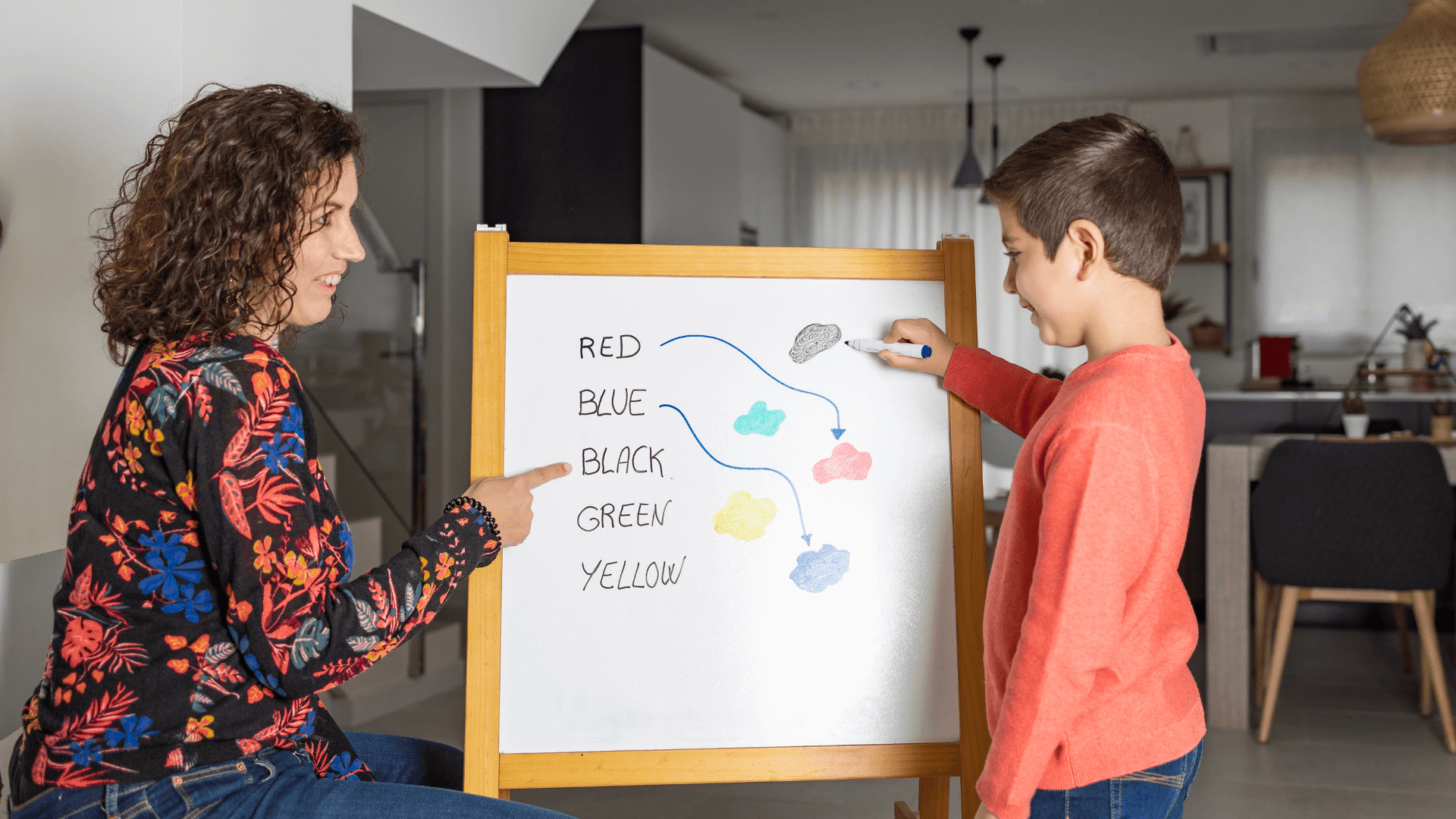The aim of our English program is for children to realize that there are languages other than Turkish and to have a positive approach to learning other languages. In our kindergarten, Foreign Language education is carried out with games and activities appropriate to the age groups of the children, taking into account the unique learning characteristics of each child. English education is based on TPR-Total Physical Response and Task-Based methods. In this process, fun, physical movement and story-based activities are implemented in order to gain second language skills, accelerate the child's active participation and enable them to learn English through movements.

The most important goals can be defined as children's willingness to learn and communicate in a foreign language, being able to sing songs in a foreign language, participating in drama activities, songs and games, and responding to instructions. English education is based on TPR (Total Physical Response) and Task-Based methods. In addition, the CLIL (Content Language Integrated Learning) method follows a path that provides a broader cultural perspective, develops multiculturalism and contributes to language skills.
Based on daily life, special activities are implemented in the program to make English meaningful for children and to use it as a means of communication. Monthly trips accompanied by English teachers, fair and exhibition events to be held between classes, English theaters prepared and exhibited by English teachers, English Math activities, English story book activities, English CDs and audiovisual studies are some of these. Bilingual education program is to ensure that the child acquires academic and social achievements determined in accordance with his/her age and cognitive development in natural, interactive and communicative learning environments, both in his/her native language and in a foreign language. It reveals that bilingualism improves cognitive skills such as memory, focus, ability to perform multiple tasks at the same time, creativity, comprehension and mental flexibility. All these abilities positively affect the mental development of children and prepare them for the situations they may encounter in life.

Being bilingual contributes to children's social development. Children who learn a second language improve their attention, listening and concentration skills.
In addition, bilingualism enables children to better understand their environment in social environments. Studies show that bilingual children are more capable than monolinguals in understanding the other person's point of view.
There is no need to speak a new language fluently to achieve this awareness. Research suggests that children who are exposed to a different language, even to a limited extent, when they are young, also have the social benefits of bilingualism. Children in multilingual environments have extensive social practices for monitoring who speaks what to whom and observing social patterns and affiliations that form based on language use. These early social-linguistic experiences can improve children's ability to take other people's perspectives and provide them with tools for effective communication.



